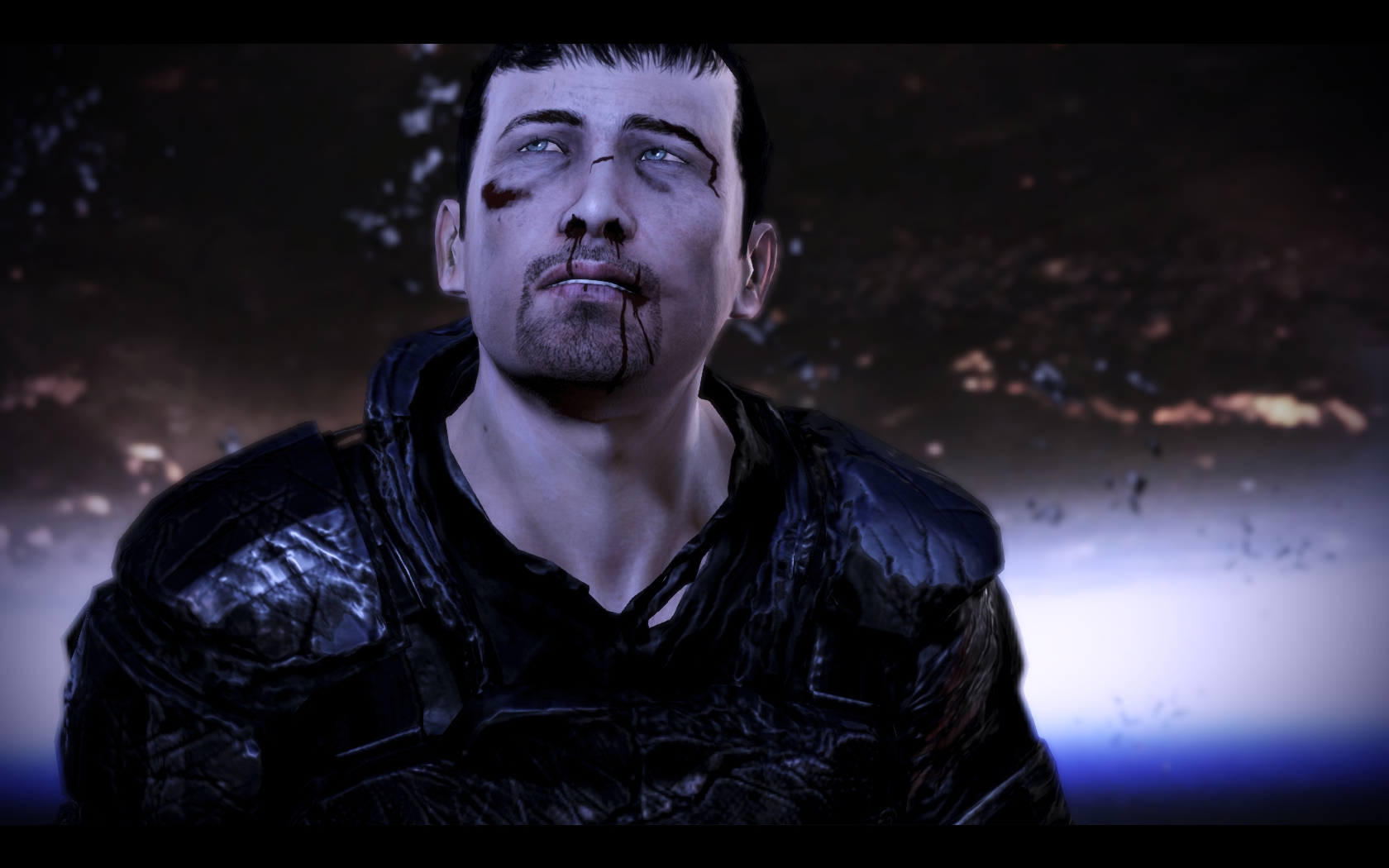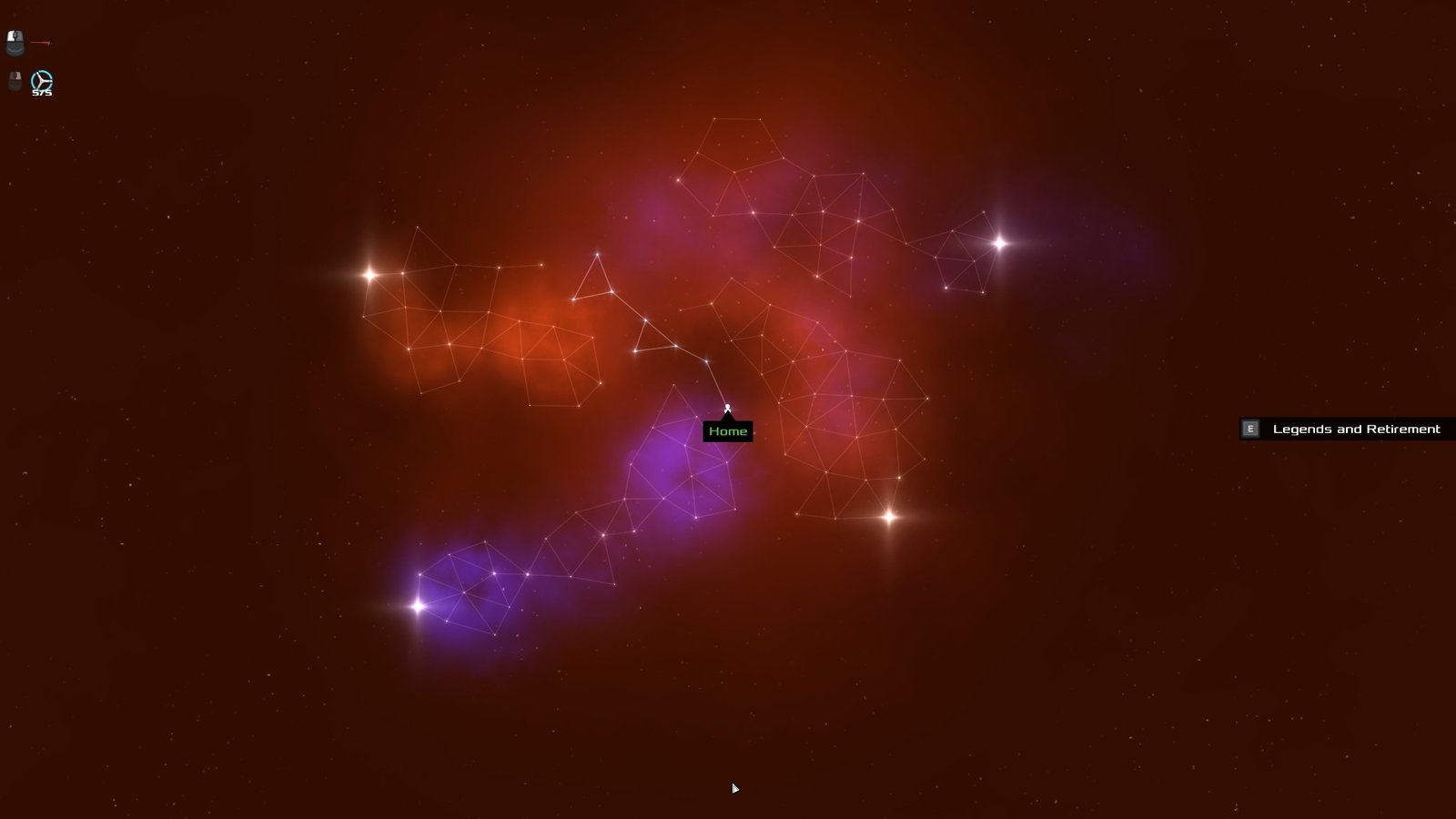OK, I admit it: I did cheat slightly. I rewound the story and repeated a scene to get a ‘better’ outcome. And I feel guilty about it. Rolling back to an earlier save point isn’t unusual in games; in fact, most game design relies on reloading to give the player any kind of chance against unfair odds and sneak attacks, with failure usually resulting in the game coming to an abrupt halt. This is one of many areas in which Heavy Rain attempts to tear up the rule book, providing a narrative that adapts and continues on regardless.
I previewed the game a couple of months back, so go have a read of that if you would like to know more about the general mechanics of the gameplay. What I’ll be discussing here is it’s success and failures as a piece of interactive fiction. If you’re wondering whether the game is for you simply try out the demo, which contains everything you need to know. The full game takes those same stylings and controls and expands them out into an intricate and exciting story.
Heavy Rain purports to be about choice, ranging from the utterly mundane (brushing your teeth) to the intensely dramatic (avoiding being shot by a serial killer). The story revolves around uncovering the mysterious identity of the ‘Origami Killer’ and the attempts to rescue the killer’s latest kidnap victim, Shaun Mars. The narrative is split between multiple player-controlled character: Ethan Mars, Shaun’s dad; Norman Jayden, an FBI profiler; Scott Shelby, a private eye and Madison Paige, an investigative journalist. Perhaps a few too many investigator-types, but the characters prove sufficiently distinct to lend each a unique feel.
This is something that creator David Cage tried in his previous game, Fahrenheit, in which you played not only the murderer but also the cops investigating the case. Each character’s story interweaves more successfully in Heavy Rain, with the exception of Madison who feels entirely superfluous for two thirds of the plot and only becomes more than a sounding board towards the end. That her first scene involves the player stripping her naked for a shower doesn’t help, immediately setting an exploitative tone to her inclusion in the game. It’s a slightly mis-handled scene that comes across as gratuitously sexual and voyeuristic rather than natural and character building and is notable mainly for being the game’s one major mis-step in terms of tone.
Each character is introduced with particular flaws, helping to assure empathy and setting up sub-plots for them. Jayden is addicted to some kind of stimulant drug; Ethan is experiencing unexplained blackouts; Madison is suffering from severe insomnia; Shelby has clearly eaten too many pies. Inexplicably most of these threads are dropped halfway through with no real resolution or explanation, leaving them to seem as little more than gimmicks to create tension in the early on in the game. Although the characters progress and develop in mostly satisfying directions, these abandoned personal issues leave a few too many loose ends.
The most fascinating part of Heavy Rain‘s design is its determination to avoid narrative roadblocks. This has always been a point of contention in narrative games, especially action-oriented ones. How can a developer make story-based, immersive games like Half Life 2 or Mass Effect have an element of tension and risk, without disrupting the plot? In truth, they can’t, resulting in awkward death scenes due to player failure that is entirely at odds with the heroic stories being told. Bioware confuses the issue further in Mass Effect 2, with player death meaning failure all the way through the game until the ending, at which point a suicidal decision can be regarded as a heroic sacrifice. How can one form of death, at the hands of the player, be treated as failure, while another kind, at the hands of the writers, be treated as success? Valve take a different approach with their games, tailoring the gameplay difficulty to such a fine degree that the average player should be able to complete the game with few, if any, deaths while still feeling challenged – a slick solution if the designed difficulty level matches your skill.
Heavy Rain takes the opposite approach, letting the narrative be the ultimate deciding factor. If a character dies through the player’s ineptitude, then that character is removed from the story, the game continues, and the ramifications will be inevitably felt down the line. This style isn’t entirely knew, of course, with point-and-click adventure games having employed it for years. The Secret of Monkey Island, for example, has no possibility of irrevocable failure, instead relying on the deviousness of its puzzles to keep you engaged: at no point can hero Guybrush Threepwood genuinely fail in his quest to defeat the ghost pirate LeChuck. Such games provide challenge through devices other than player death and serve to highlight the medium’s general obsession with dying as the ultimate judgement. Heavy Rain wants to have its cake and eat it, with character death being a possibility without derailing the player’s experience.
The problem for the game is that most gamers have 30 years of training which tells them the exact opposite. When every other game teaches that death = failure, it leaves Heavy Rain in an awkward position. Therefore when I underestimated the danger in a particular scene mid-way through the game and my character ended up crushed to death in a particularly gruesome and final manner, I felt rather put out. The story carried on smoothly but I felt robbed. I knew there was still a substantial portion of the game left and didn’t want to be denied all of the scenes featuring this particular character. Partly this was due to engaging with the character, which could be considered a success for the game, and part was due to having paid £39.99 for the product and not wanting to feel like I missed out on any content. And so I restarted the scene and neatly escaped the deadly situation. In any other game this would be standard practice – in Heavy Rain it actively felt like cheating. I knew I should have just accepted the consequences of my actions, even if I didn’t like them. Accepting the character’s demise would have given the remainder of the story even more drive and tension.
In another scene an arrest went awry, leaving me with the difficult situation of attempting to reason with a dangerous, armed, possibly innocent suspect or shoot him dead. The on-screen controls are presented during this scene in a wobbly, frantic manner, reflecting the character’s high level of stress. It worked and I shot the suspect largely accidentally, having meant to press a different button. In other games this might have felt like an unintuitive control system, or a genuine player mistake, triggering the inevitable reload. Instead, it felt like a genuine, tragic mistake made during a difficult situation and I accepted it, letting the story continue. It informed the character both in the scripted sequences and my own interpretation of his behaviour.
Over at Destructoid there is a fascinating article examining Heavy Rain‘s illusion of choice and why, in the author’s opinion, it doesn’t work. Although he makes valid points and mentions several anachronistic examples from the game, I disagree in general with his stance due to the surplus of decisions in the game that do work. Most of the decisions aren’t simple cases of “should Ethan sleep with Madison or not?” (which is dealt with more sensibly in the game than the author details in his article) but are action decisions based on external stimuli. The decision isn’t “should Ethan cut off his own finger to save his son?” but “how can Ethan cut off his own finger in such a way as to minimise the pain and injury?” It doesn’t work in every case, certainly, but it is successful enough to make the game engaging and immersive.
The Destructoid article does raise one very valid point, though, which is that the game’s divergent plotting results in an overall lack of theme. Linear games can make the same thematic points as any other form of linear storytelling. Largely non-linear, open world games allow the player to create their own themes and sense of purpose through their actions. Heavy Rain sits in an awkward mid-ground, being highly scripted yet vastly open in its plot and the ultimate story conclusion. While the ending can have an overall sense of happiness (“I saved the kid!”) or sadness (“I didn’t save the kid!”), it doesn’t succeed in speaking to a greater truth. Is it about the heroic nature of being a father, or the damaging effects? Is it about obsession? Is it about a debauched, dirty world? Of course, it doesn’t necessarily have to be about anything – the story and gameplay are fun on their own merits. But Heavy Rain feels like a game that is trying to say something and not quite vocalising its message – or messages. It doesn’t make the game any less fun but it does make its player-dictated resolution hollower than it perhaps could have been with a tighter narrative direction.
Heavy Rain should nevertheless be celebrated for its determination to try something different. Its story might be a mash of crime thriller tropes but they play out in an entertaining, compelling fashion. It dares to make player death permanent and persistent, even if players (well, me) perhaps aren’t yet ready to accept such a concept. This is the second time David Cage’s team has attempted this and they’re already reaching an impressive level of production design and are tearing up the rulebook in the process. The result isn’t a complete success but it’s an exciting step forward and I hope that the fledgling ideas get a chance to be developed further in future titles. Heavy Rain offers a future in which mainstream gaming diversity consists of more than just the diametric opposites of first person shooters and fitness simulators.




0 Comments
83Rocco · August 16, 2017 at 3:19 pm
Hello admin, i must say you have very interesting posts here.
Your website can go viral. You need initial traffic boost only.
How to get it? Search for; Mertiso’s tips go viral